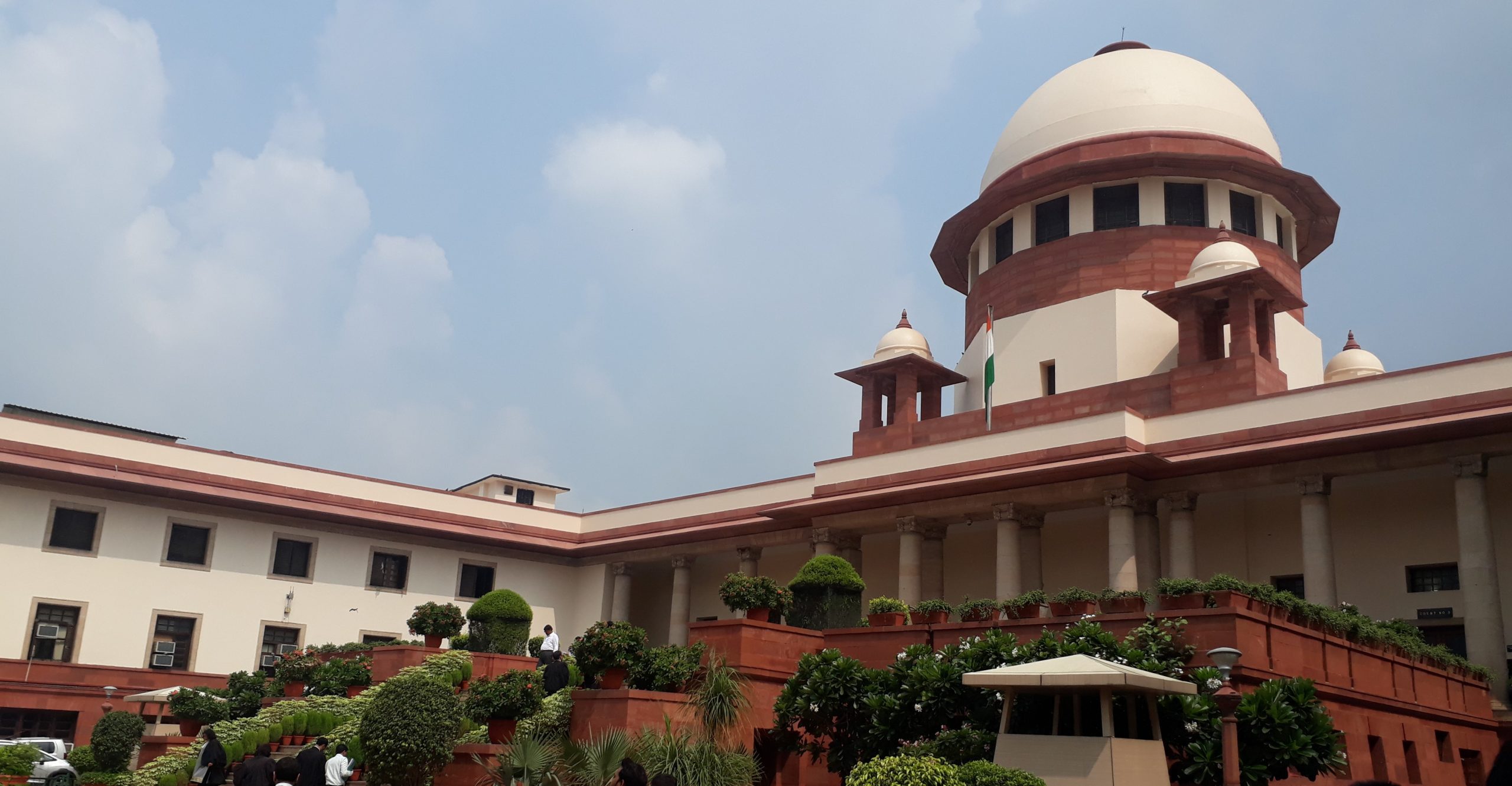The High Court had stayed two orders regarding a fact-finding sub-committee and a special probe team to look into the irregularities.

In a landmark ruling, a 5-judge bench ruled that it could grant divorce on grounds of 'irretrievable breakdown' of marriage without the 6-month separation period in the Hindu Marriage Act. (Wikimedia Commons)
A high court stay order throttled the efforts to hold the previous TDP regime accountable for causing financial losses to the state, the government of Andhra Pradesh submitted before the Supreme Court on Wednesday, 16 November.
The government was referring to the Andhra Pradesh high court’s 16 September 2020 order that had stayed the proceedings of a cabinet sub-committee to look into the irregularities committed by the N Chandrababu Naidu government, and a probe by a special investigation team.
The fact-finding sub-committee was formed on 26 September 2019, and the special probe team was constituted on 21 February 2020.
Senior Advocate Abhishek Manu Singhvi, who represented the Andhra Pradesh government, questioned several aspects of the high court order. “Where is the power of the state”, he asked. “It is the very throttling of the collection of facts and investigation”, he submitted before the bench of Justices MR Shah and MM Sundresh.
Singhvi referred to previous Supreme Court judgments, including one by Justice Shah, to augment his argument that the question of bias does not arise even if the complainant and the probe agency were the same.
He also cited that the state government had written to the Centre for a CBI probe into the allegations. The high court had referred to bias while quashing the government orders regarding the sub-committee and the probe team.
Senior Advocate Sidharth Dave, appearing for the defendant, TDP politburo member Varla Ramaiah, termed the state government’s action “regime revenge”. The cabinet sub-committee was not a fact-finding panel but constituted to find out something to embroil the TDP regime in some cases.
The defence further submitted that the sub-committee comprised all state ministers, three parliament members and a secretary. Its terms of reference were so wide and open-ended as if it included “everything under the sun”.
To a specific query by the bench, Dave replied that he was not against the fact-finding cabinet sub-committee, but expressed apprehensions saying it was a fishing and roving inquiry.
The arguments would continue on Thursday, 17 November.